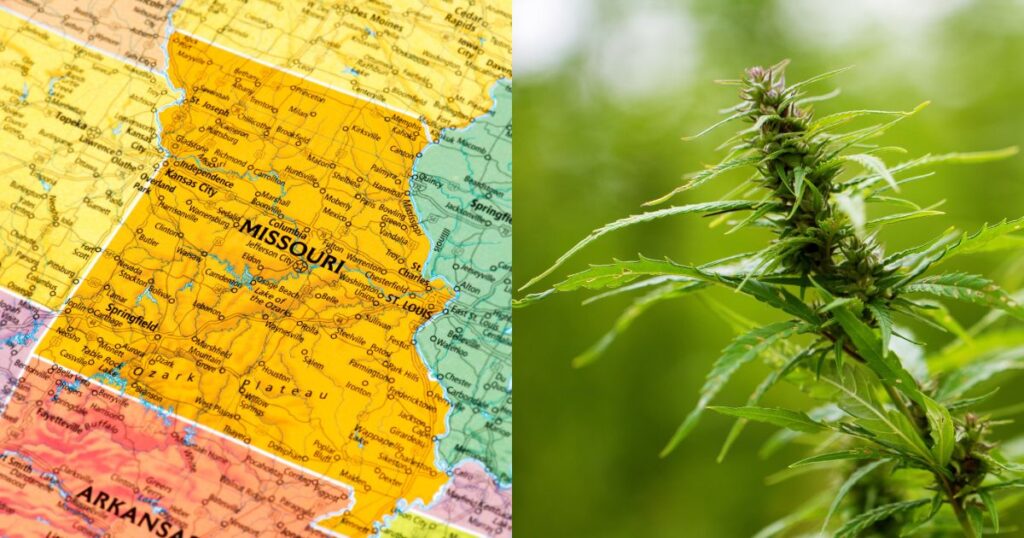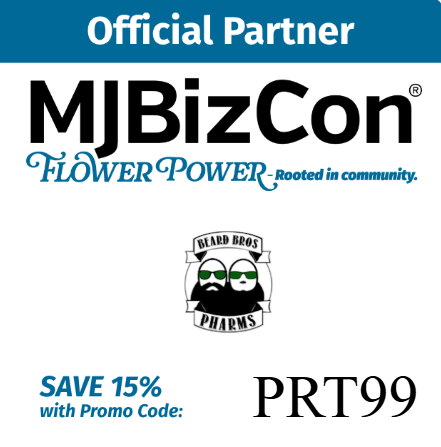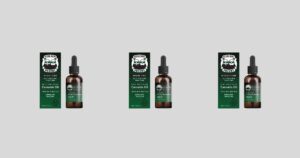Missouri has become the latest battleground in a growing conflict between two cannabis industries operating under vastly different rules. Intoxicating hemp-derived THC products are clashing with the regulated marijuana industry, creating a web of legal challenges that mirrors struggles across the nation.
The 2018 Farm Bill legalized hemp production nationwide, but it also opened a regulatory gray area that states are now scrambling to address.
Missouri’s current standoff recently highlighted by the Missouri Independent, shows a fundamental problem: while licensed marijuana businesses navigate strict regulations, testing requirements, and hefty taxes, hemp companies operate with minimal oversight—selling similar intoxicating products at lower prices.
This disparity has created what some describe as an uneven playing field, with significant implications for consumer safety, business competition, and state revenue.
The 2018 Farm Bill: A Game-Changing Loophole
The Agricultural Improvement Act of 2018, commonly known as the Farm Bill, legalized hemp containing less than 0.3% Delta-9 THC. However, the legislation didn’t account for the scientific innovations that would follow.
Hemp processors discovered they could convert CBD into other forms of THC—like Delta-8, Delta-10, and THCA—creating products with intoxicating effects similar to traditional marijuana.
These hemp-derived products exist in a legal gray area. They’re technically legal under federal law since they’re made from hemp, but they produce psychoactive effects that regulators never intended to allow outside of state-controlled cannabis programs.
The result? Consumers can walk into a convenience store and purchase THC gummies or seltzers without strict rules for age verification, testing requirements, or dosage standards—products that would require a medical card or dispensary visit if classified as marijuana.
Missouri’s Legislative Battle over Intoxicating Hemp Products
Missouri’s hemp versus marijuana conflict reached a boiling point in January when state Senator Nick Schroer of Defiance introduced SB54 to regulate intoxicating hemp products.
His bill would have required hemp-derived THC products to be sold only in licensed marijuana dispensaries, effectively banning them from gas stations, liquor stores, and other retail outlets.
The proposal triggered a seven-hour filibuster led by St. Louis Democratic senators, who argued the legislation was a “monopolistic attempt” by the marijuana industry to eliminate competition.
“It reminds me so much of a street drug war,” Senator May said during the floor debate via the Missouri Independent, “where you got these people over here saying you can’t infringe on my territory.”
The filibuster succeeded in killing the state legislation, but the fight has now been introduced to local municipalities. St. Louis city and county are now considering nearly identical ordinances that would ban intoxicating hemp products outside of dispensaries.
Two Industries, Two Sets of Rules
The conflict stems from dramatically different regulatory frameworks governing these similar products:
Licensed Marijuana Industry:
- Requires expensive state licenses (limited in number)
- Must grow and process products in state-regulated facilities
- Faces strict testing requirements for potency, pesticides, and contaminants
- Subject to significant taxation
- Products sold only in licensed dispensaries with age verification
- Comprehensive seed-to-sale tracking systems
Hemp Industry:
- No licensing requirements for retail sales
- Can import hemp from other states
- No mandatory testing or quality standards
- No taxation beyond standard sales tax
- Available in gas stations, liquor stores, and online
- No age restrictions (though some retailers self-impose them)
This regulatory disparity creates significant cost advantages for hemp products. Licensed marijuana companies argue they can’t compete fairly when their products cost more due to taxes and regulatory compliance, while hemp companies sell similar products with minimal overhead.
Competitive Impact on Legal Cannabis
The hemp industry’s growth has created real business challenges for licensed marijuana companies. In Missouri, some bars report that hemp-derived THC beverages account for 30-40% of their sales. Total Wine, the nation’s largest liquor retailer, began carrying hemp THC seltzers at its Missouri locations, giving these products mainstream retail exposure.
This competition is particularly frustrating for marijuana businesses that invested heavily in licenses and compliant operations. They argue that consumers don’t understand the difference between regulated and unregulated products, often choosing cheaper hemp alternatives without realizing they’re getting untested products.
The price differential is substantial. Hemp products avoid the taxes that fund state regulatory programs, making them cheaper than dispensary alternatives. This pricing advantage, combined with convenient retail locations, has driven rapid market adoption.
Public Health and Safety Concerns
Beyond industry competition, lawmakers and health officials raise serious safety concerns about unregulated hemp products. Unlike marijuana products, which undergo mandatory testing for potency, pesticides, heavy metals, and other contaminants, hemp products face no such requirements.
According to the Missouri Independent, St. Louis County Councilwoman Lisa Clancy, who sponsors local hemp regulation, claims test results from hemp edibles showed products “made out of things like mulch” and reports of consumers getting sick from convenience store purchases.
The lack of dosage standards presents another concern. Marijuana edibles are typically limited to 10mg of THC per piece, with clear labeling requirements. Hemp products often contain higher doses with inconsistent labeling, increasing the risk of accidental overconsumption.
Age restrictions present perhaps the most significant safety gap. While marijuana products require age verification, hemp products technically have no federal or state age restrictions, though many retailers voluntarily implement 21-and-over policies.
A National Phenomenon
Missouri’s conflict reflects a broader national trend. States across the country are grappling with similar hemp versus marijuana industry disputes. For instance, in California, emergency regulations were implemented and later extended to ban the sale of intoxicating hemp products.
Some states have taken more permissive approaches, creating separate licensing frameworks for hemp products that impose age restrictions and testing requirements without requiring dispensary-only sales.
The regulatory disparity also impacts state revenue. Legal marijuana sales generate significant tax revenue for states—Missouri collected millions in cannabis tax revenue in its first year of adult-use sales. Hemp products, sold like any other consumer good, generate only standard sales tax.
This creates an unintended incentive where regulated products that fund state programs face competition from unregulated alternatives that contribute less to public coffers. Some estimates suggest states could lose substantial tax revenue if consumers shift to cheaper hemp alternatives.
Industry Perspectives and Proposed Solutions
The hemp industry argues that outright bans are unfair and counterproductive. They contend that regulation, not prohibition, is the answer. Hemp beverage companies like Missouri’s Mighty Kind have operated for seven years, developing compliance standards with distributors and retailers.
“Everybody has a list of things you have to do to qualify or be compliant,” says Joshua Grigaitis, owner of Mighty Kind via the Missouri Independent. “So it’s not like this wild west.”
Some hemp advocates propose compromise solutions, such as:
- Separate licensing frameworks for hemp products
- Mandatory testing requirements without dispensary-only sales
- Age restrictions and dosage limits
- Clear labeling requirements
The marijuana industry, however, argues that similar products should face similar regulations. They contend that allowing hemp products to operate under different rules undermines the entire regulatory structure voters approved.
Federal and State Action
The hemp versus marijuana conflict will likely continue until federal or state action provides clarity. The FDA has indicated it’s reviewing hemp-derived products, but comprehensive federal regulation remains uncertain.
State lawmakers will likely continue grappling with these issues in upcoming legislative sessions. The challenge is developing policies that protect public health and safety while allowing legitimate businesses to operate fairly.
Missouri’s experience demonstrates that the cannabis industry’s evolution continues to outpace regulatory frameworks. As science enables new products and consumption methods, lawmakers must balance innovation with consumer protection—a task that’s proving more complex than anyone anticipated when the 2018 Farm Bill became law.

















